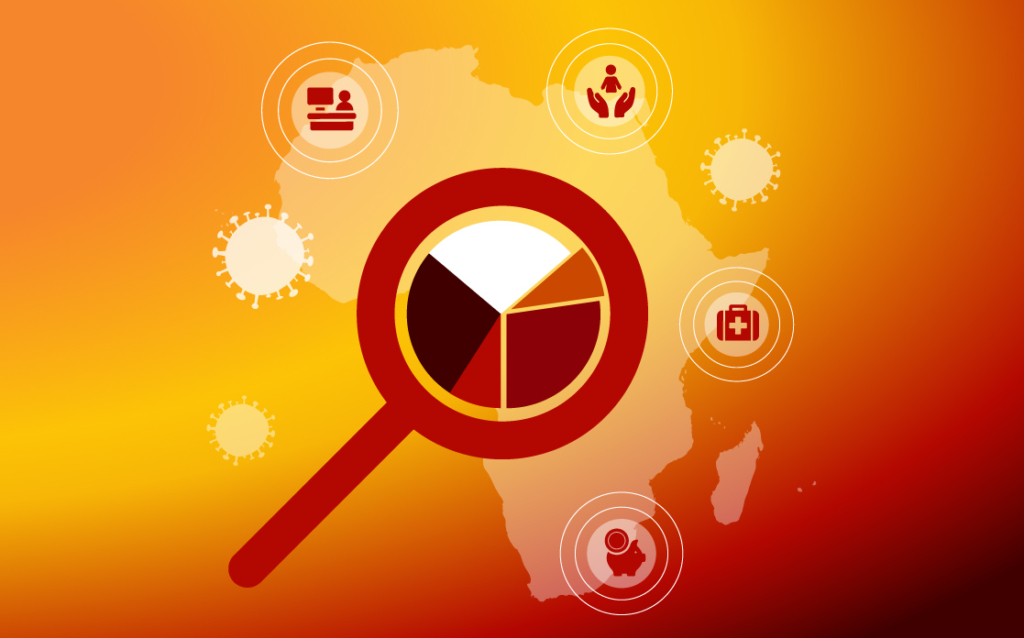
As of 15 April 2020, 11843 COVID-19 cases have been confirmed across 48 African countries. While the Covid-19 pandemic is a health crisis, it has also become a financial crisis that presents one of the greatest threats to public financial management since the 2008 financial crisis. This poses manifold challenges to central financing agencies (CFAs), particularly those without the fiscal space to deliver additional health services and limit economic disruption.
To avoid irreparable long-term destruction of our public finances, it is essential that finance ministries in Africa act decisively and pragmatically. And that they are given the space by politicians and health authorities to lead the effort towards financing COVID-19-related healthcare, ensuring that other priority expenditure is still accommodated, and that debt distress is avoided. Given the limited room for fiscal manoeuvre that our ministries of finance have at their disposal, it is more crucial than ever that their responses to this crisis are innovative, context-appropriate and the product of collaboration with multiple stakeholders in both the domestic private sector, public sector and international community.
Reassuringly, we are already seeing evidence of both innovation and decisive leadership across the continent. Ethiopia, Nigeria and Morocco have set up units and committees tasked with mobilising resources and monitoring economic developments related to COVID-19. The South African National Treasury has set up an email address where members of the public can send suggestions on how best National Treasury can deal with the financial burden associated with COVID-19 and the country-wide lockdown. We have also started to see temporary tax relief provided to both individuals and small and medium enterprises in Algeria, Egypt, Ethiopia, Kenya, Morocco, South Africa, Madagascar and Uganda. In The Gambia, which only has four confirmed cases, the President has invoked emergency powers to freeze prices and ration essential food items to prevent price hikes and hoarding. Tunisia, Egypt, Madagascar, Mauritius, Morocco, Nigeria and Senegal have introduced direct cash transfers, food aid and pension increases.
However, significantly more will need to be done if we are to recover relatively unscathed. We have yet to see how countries will mobilise domestic resources to close the rapidly expanding financing gap. This is where innovation and cross-country exchanges will be most valuable. It is critical that African ministries of finance engage with their counterparts in other countries on the continent on how they intend to respond to these extraordinary budgetary pressures and develop a coherent continental-wide strategy.
Understanding the importance of peer-exchange and learning, particularly when faced with unprecedented exogenous pressures, on 9 April 2020, CABRI will launch the COVID-19 Africa Public Finance Response Monitor. This monitor will provide a consolidated overview of how African central financing agencies (CFAs) are responding to the fiscal implication of corona through (i) budget adjustments and reallocations, (ii) establishment of special funds and financing units, (iii) resource mobilisation, (iv) social sector and business support, (v) monetary policy measures, and (vi) strategic purchasing of drugs and medical equipment. The COVID-19 Africa Public Finance Response Monitor will be updated frequently as the fiscal response measures of African finance ministries continue to evolve.